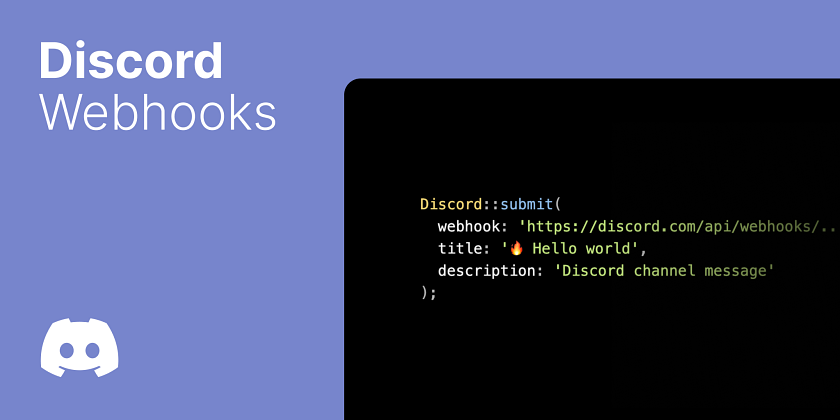CLI
The Kirby command line interface helps to simplify common tasks with your Kirby installations.
Info
- Implements
Similar plugins
More by Kirby Team
-

- GEO This plugin adds basic geo search and conversion functionalities to Kirby
- Kirby Query Language (KQL) Kirby's Query Language API combines the flexibility of Kirby's data structures, the power of GraphQL and the simplicity of REST.

